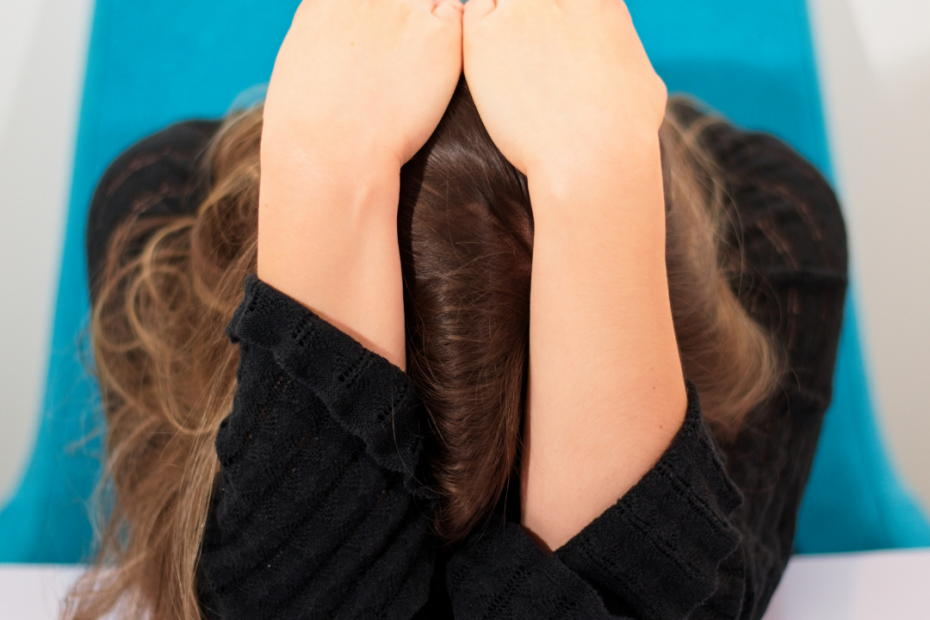Anxiety and depression are both serious mental conditions that can significantly impact your life and the lives of those around you. Though they are very different, both can result in feelings of hopelessness, hopelessness, sadness, and despair. This post will give you an overview of the similarities and differences between the two conditions, information on how to recognize the signs and symptoms of both, and information on where to seek help and treatment if you suffer from either of these conditions.
Knowing the Signs
If you’ve experienced anxiety or depression, you may feel like you’re the only person going through this. In fact, you’re not alone. Anxiety and depression are widespread, and many people have experienced them at some point in their lives.
If you are struggling with a mental illness like anxiety or depression, it can be hard to tell if you’re just tired or if something else is going on. You can’t just look in the mirror and see if you look pale and thin or if you have dark circles under your eyes. Instead, you’ll need to pay attention to other signs to tell if you have a mental illness.
- You’re more tired than usual
- You can’t remember how you felt before you had anxiety or depression.
- You’re eating more or less than usual, either because you’re not hungry or because you’re eating to feel better.
- You’re sleeping more or less than usual.
Anxiety and depression are both common mental disorders that can affect anyone, regardless of age or gender. It affects how a person feels, thinks, and behaves and can be mild, moderate, or severe. The good news is that there are many effective treatments for anxiety and depression, such as therapy, medication, and Recreational Cannabis.
What Are the Effects of Anxiety and Depression?
There are many effects of anxiety and depression that can contribute to other health issues. For example, if you suffer from depression, you may not exercise or take care of yourself properly, which can lead to health problems like obesity, heart disease, or diabetes. If you suffer from anxiety, you may not be able to sleep well, which can cause your health to decline over time.
On the surface, it may seem difficult to understand the connection between anxiety and depression, but they are, after all, two very different psychological conditions. Both, however, cause a person to experience similar symptoms, and both can be treated with similar medications. When you understand the links between the two conditions, you can find better ways to cope with your own.
Where to Seek Help?
Depression and anxiety disorders are both common and treatable, but many people struggle to find help. Many people who are depressed or anxious don’t seek treatment because they don’t realize they have a mental health problem or because they fear the stigma around mental health issues. This is a stigma that needs to be destroyed because there’s nothing wrong with asking for help. Whether they get online therapy from Citron Hennessey, go to a school counsellor, or talk to their local doctor about their mental health, they should feel no shame or embarrassment.
On top of this, due to recent findings and scientific studies, there is an increasing number of natural remedies that can manage anxiety and depressive episodes within a person. Just one example of one of the natural remedies taking the world by storm, is medical cannabis products, such as those you can find at https://area52.com/ that are manufactured to help people ease their anxiety levels, as well as many other benefits such as increasing sleep quality, etc.
Others may fear a lack of privacy in talking to a therapist or talk to their doctor about their symptoms. Still, medical privacy laws bind health care providers, and they are obligated to keep your information confidential. Various treatments for depression and anxiety exist, and many of them are effective. There are also free and confidential self-help support groups all over the country. For example, certain kinds of psychotherapy, medications, and support groups can alleviate symptoms. Medication is not for everyone, however. Some types of medication have undesirable side effects. Luckily, you can see this site which will help to determine which medications are suitable for you, helping to get you back on track faster.
Managing Anxiety and Depression
Anxiety and depression are two very common mood disorders. On the other hand, anxiety is a disorder where people feel worried and tense for long periods of time. Depression is a mood disorder where people feel sad or “empty” and experience a lack of interest in activities they once enjoyed. About one in five people will experience depression in their lifetime, while about one in eight people will be diagnosed with anxiety.
How can you handle these mood disorders? The first step to managing anxiety or depression to recognize that, just as with any medical condition, you can’t cure it on your own. It’s normal to feel out of control when you’re feeling anxious or depressed, making it harder to manage your condition, but getting the right treatment is one of the most effective ways to get your symptoms under control. So, you need to take your health into your own hands and work with your doctor to develop a treatment plan that fits your needs.
